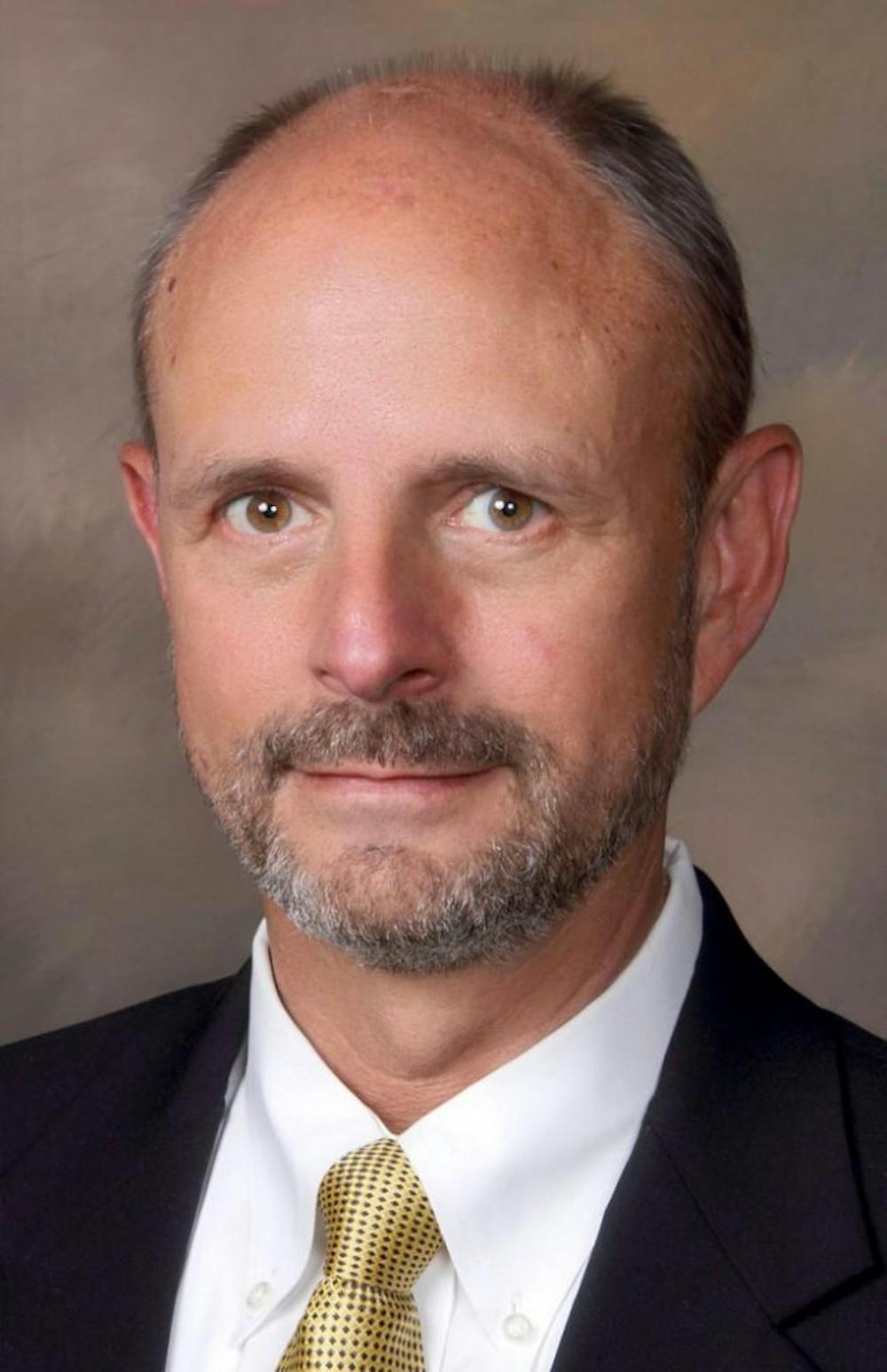Doctor of education and director of career services, Steve Brown, hosted an event for searching for and applying to graduate schools. Career Services is there to help with the next steps in this process. First, though, students must decide whether graduate school is the right path for them.
Then, one must first check for programs and the terms of the different application processes. One should also keep in mind what to include in one’s application, like a personal statement and letters of recommendation.
When is graduate school the right way to go? Sometimes it depends if you have a certain program already in mind, like law or medical school, or a research program.
Some students pursue full-time graduate school for the wrong reasons: avoiding making career path decisions. They think grad school will make them more competitive in the job market, or that grad school will give them a better starting salary.
According to statistics of Mercer graduates, 35 percent of graduates attend graduate school, while the other 65 percent go into the workforce. Most students attend graduate school because their career path requires post-bachelor’s degree work in order to enter the field. A master’s degree is not always better than a bachelor’s degree, though. To put some things into perspective, the unemployment rate in the nation is about 7.3 percent, but the unemployment rate for college graduates is only 3.8 percent. There will also be a 7.8 percent increase with employers hiring college graduates.
There are some key points to identify the right graduate program for you. Some influential factors include location, size of the college or university, size of the program, competitiveness of the program, financial considerations, graduate assistantships, and tuition waivers.
Some good search sources that can help students are “Peterson’s Guides”, research publications, and your professors and advisors. After your search, Brown recommends that you identify three to five schools or programs to apply to.
For the application process, one must first determine deadlines and take the appropriate entrance tests, like the GRE, GMAT, LSAT and MCAT. Most of these tests can be registered for online and there are also prep guides and courses for them.
In the application, you might have to send in a statement of purpose, letters of recommendation or a resume. You might also have to make a campus visit or do an interview, where you can also ask questions.
Your chief goal with your application is to convince the school or program that you understand what the program is about, what it is looking for, and why you are a good candidate.
These understandings can also be seen in your statement of purpose and letters of recommendation. These documents can make you more competitive with what schools are looking for. They want good matches with people who will succeed and do well in their programs. Remember to say how you understand what the program is about and how it will help you achieve your goals.
Your statement of purpose should address three issues: why you want to pursue the degree, how it will help you achieve your career goals, and what has influenced you to pursue you your goals. Your prospective schools need to know how you got to this point and why you are interested in their specific program. Also, check for the length requirements for the statement.
They are usually supposed to be between 800 and 1700 words. Then, check for errors and have someone read it carefully. With letters of recommendation, you want to get one from someone who can speak to your academic preparedness.
This would usually be one of your professors. Also, provide them with a copy of your resume to help write your letters of recommendation. Some schools may want it as a part of your application, but your resume should be more academically focused. It can include projects, papers, presentations, study abroad, etc.
Brown wants to remind students to start as early as possible with their graduate school search, be aware of deadlines, and ask for help. Career Services is there for their benefit. Students should not be afraid to keep their options open. There is graduate school, but there is also the option of working full-time.
Some people pursue both. There are also the Peace Corps, Vista Corps, and other gap year programs.
He goes on to say that a lot of people are frozen in their senior year, but that one choice will emerge as your preference over time. He also advises to not let indecision paralyze you.
Graduate school workshop held by Career Services

Mercer Marketing and Communications




